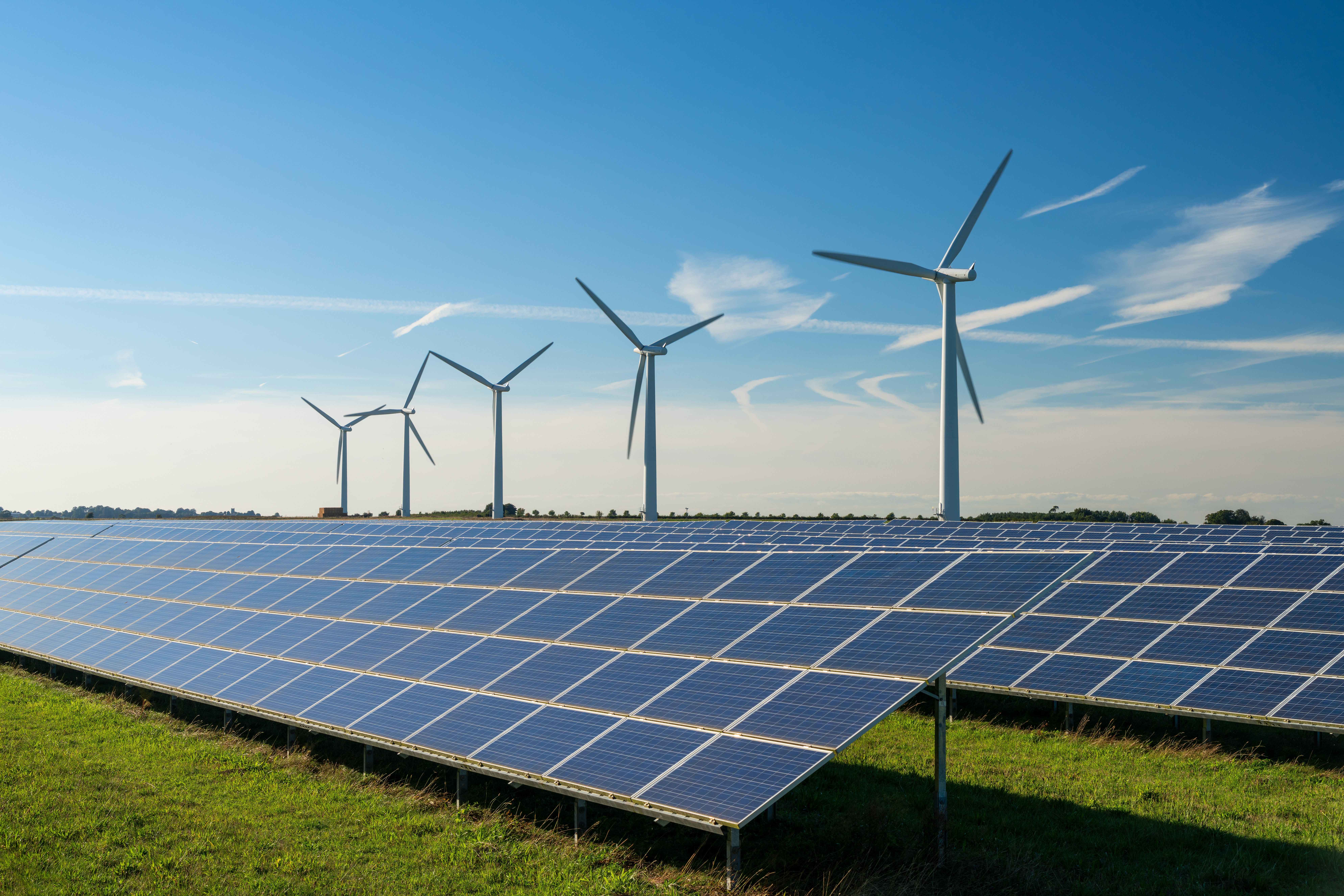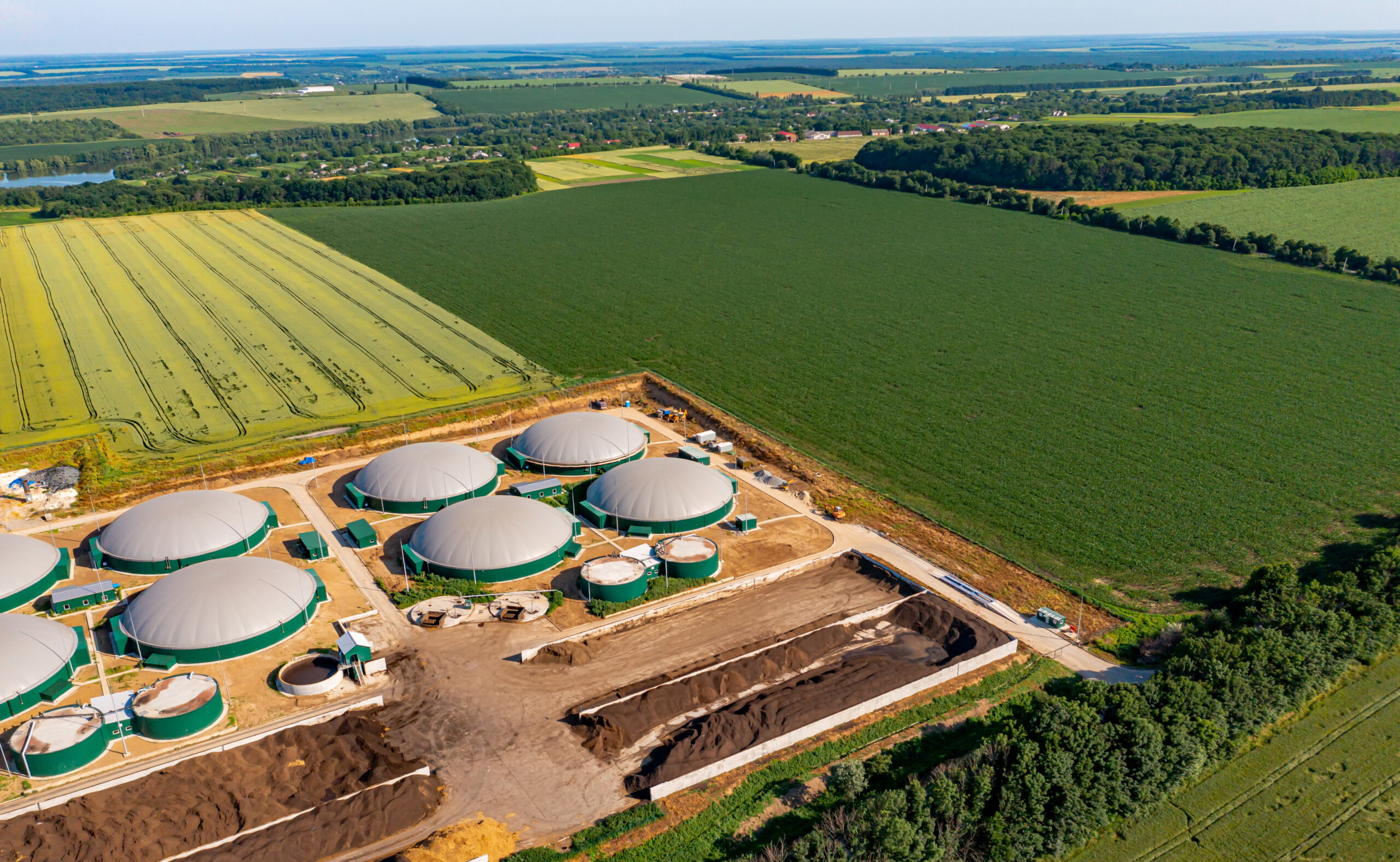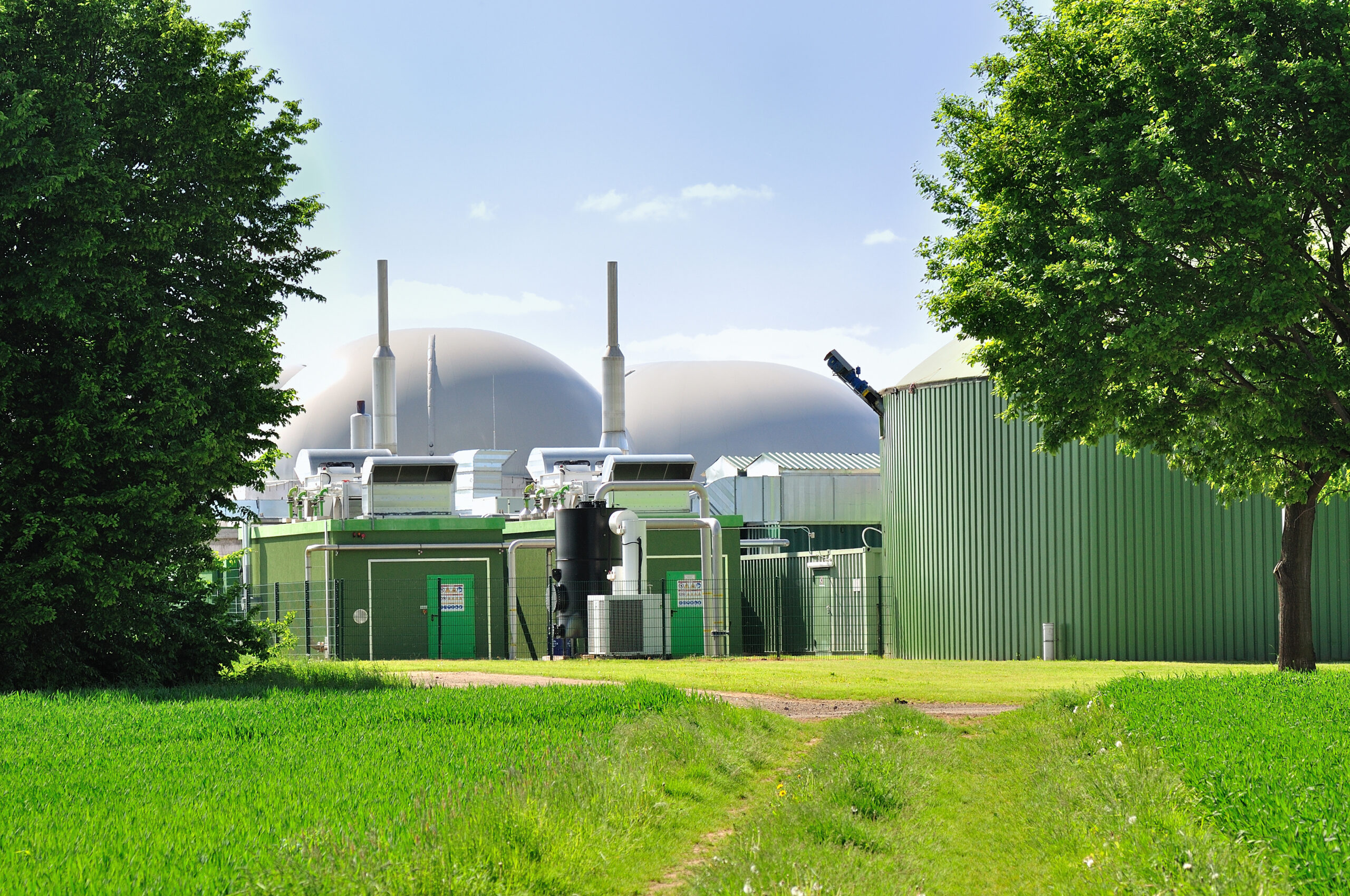
Last month, in 89 FR 9920, the U.S. Fish and Wildlife Service (“USFWS”) published a final rule revising the eagle take permit (“ETP”) process. USFWS believes the new rule will encourage more participation in the ETP program and account for increased eagle populations nationwide.








